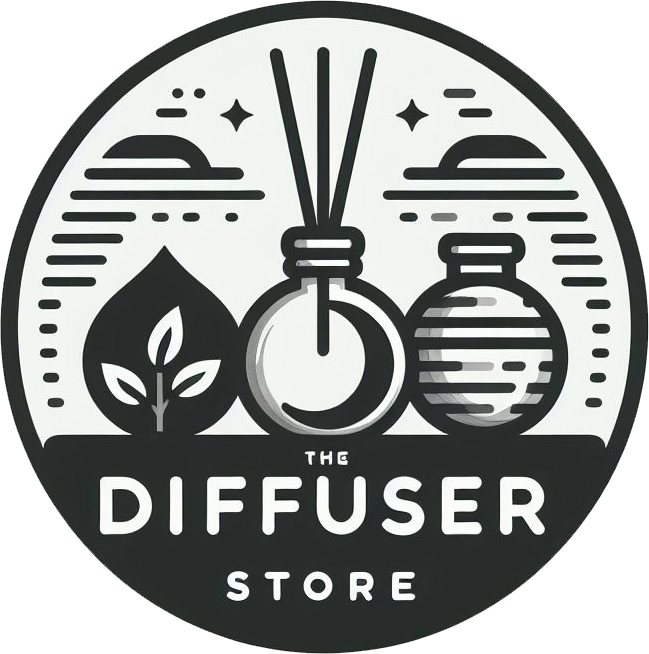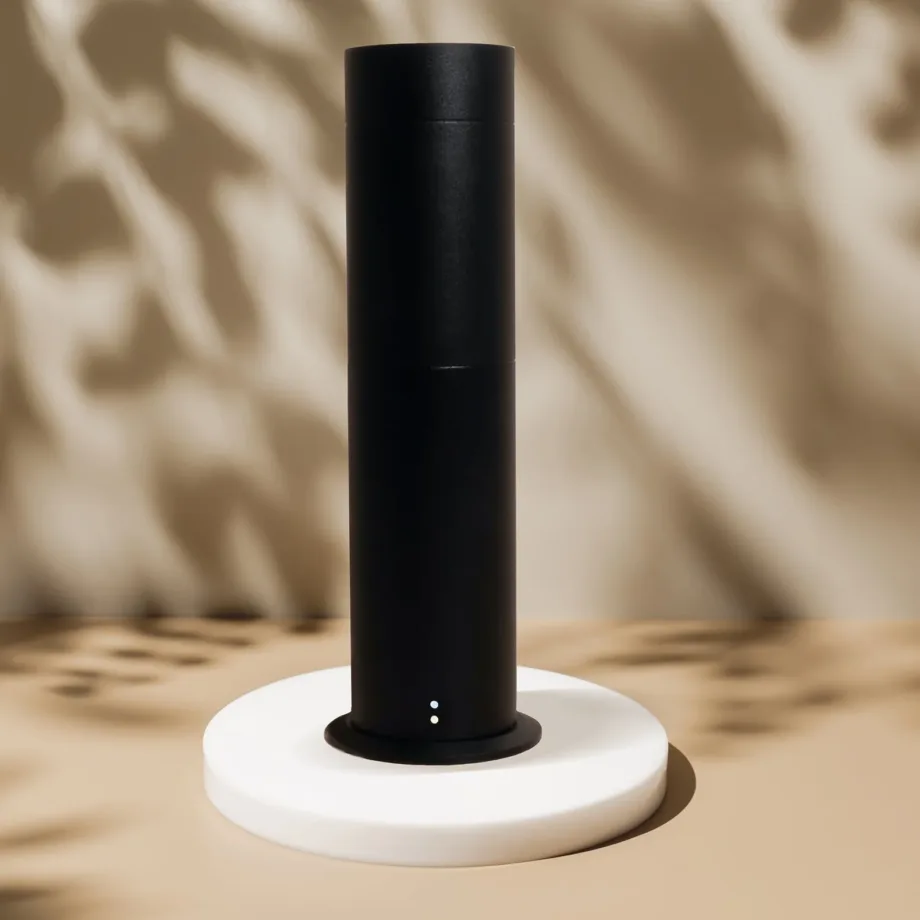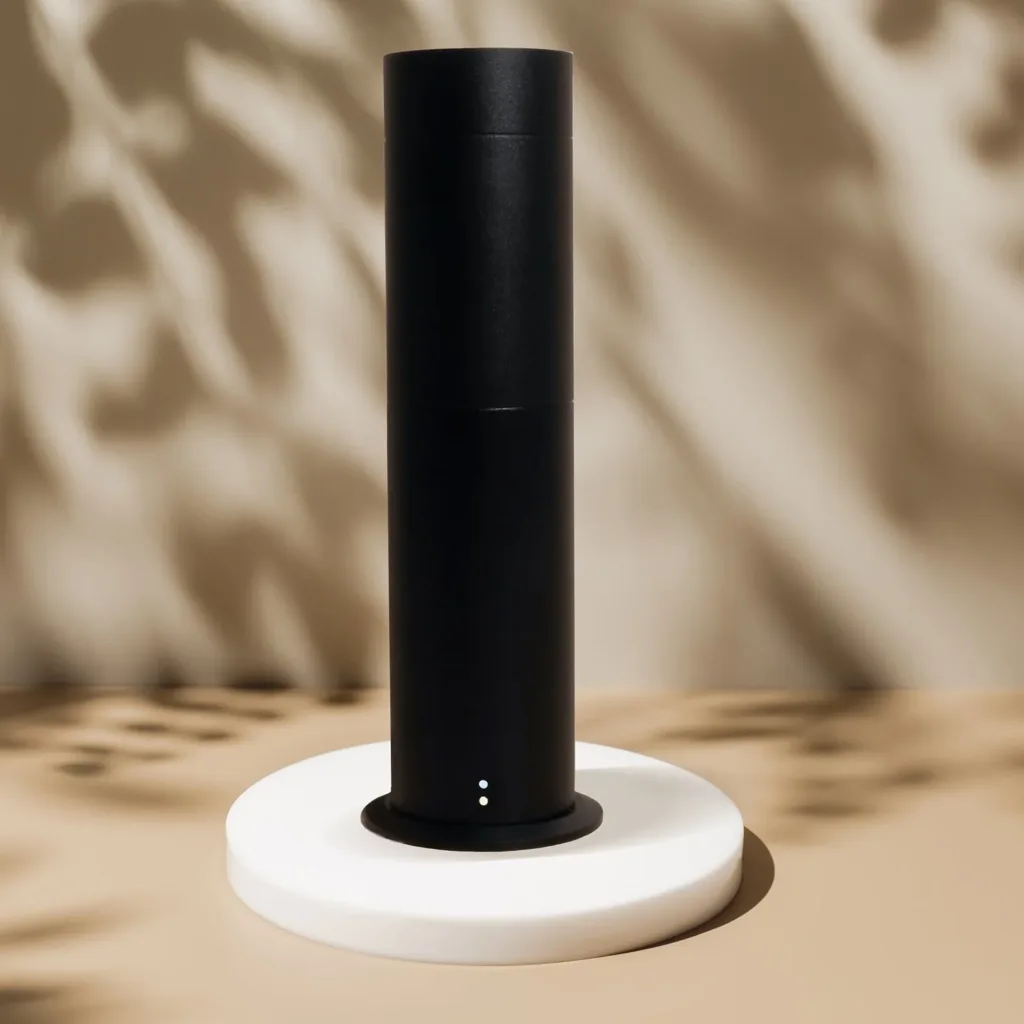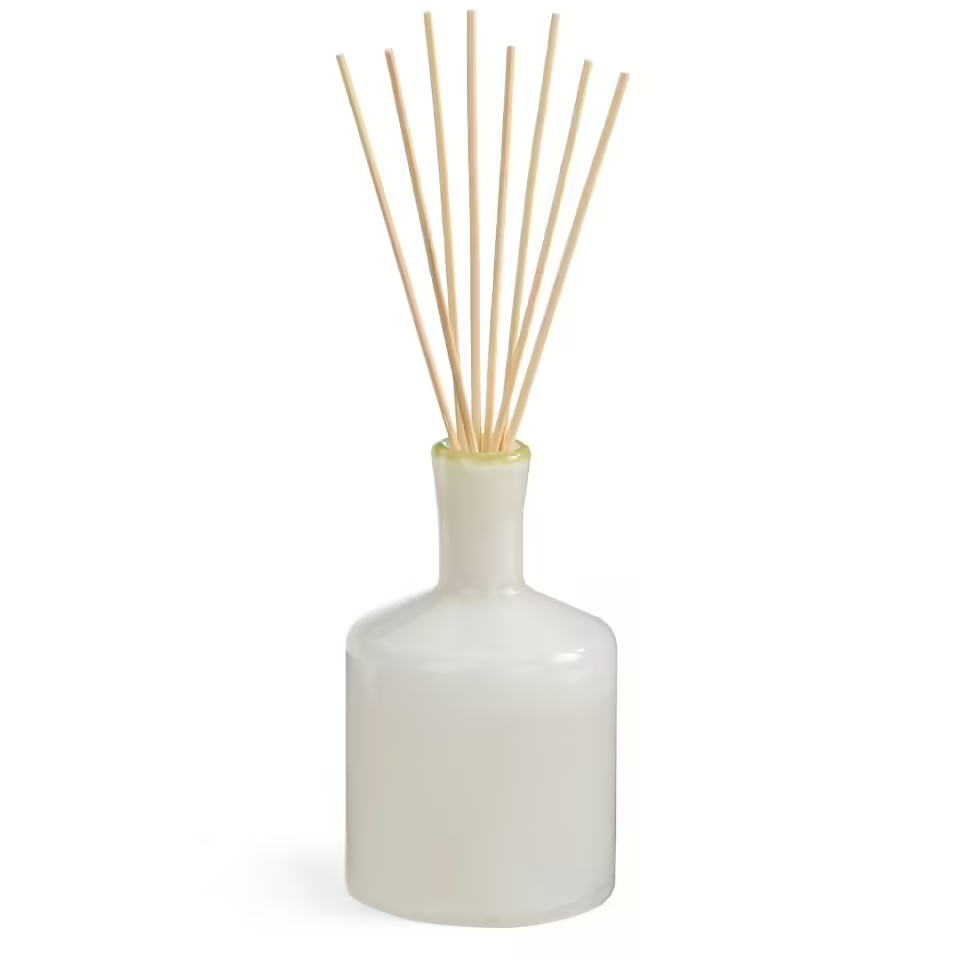Hello, fellow aroma enthusiasts! Today, we’re going to delve into the world of essential oil diffusers. We’ll explore four different types: Nebulizing, Ultrasonic, Heat, and Reed diffusers. Each has its unique features, pros, and cons. But, as a nebulizing diffuser enthusiast, I must admit I have a soft spot for them. Let’s find out why!
Nebulizing diffusers work by using air pressure to atomize the essential oils into tiny particles, which are then dispersed into the air.
Pros:
- Highly Effective: They deliver a concentrated aroma and do not require heat or water, preserving the therapeutic properties of the oils.
- Efficient: They use oils more efficiently than other types of diffusers.
Cons:
- Noise: They can be slightly noisier than other diffusers.
- Cost: They tend to be more expensive due to their complex mechanism.
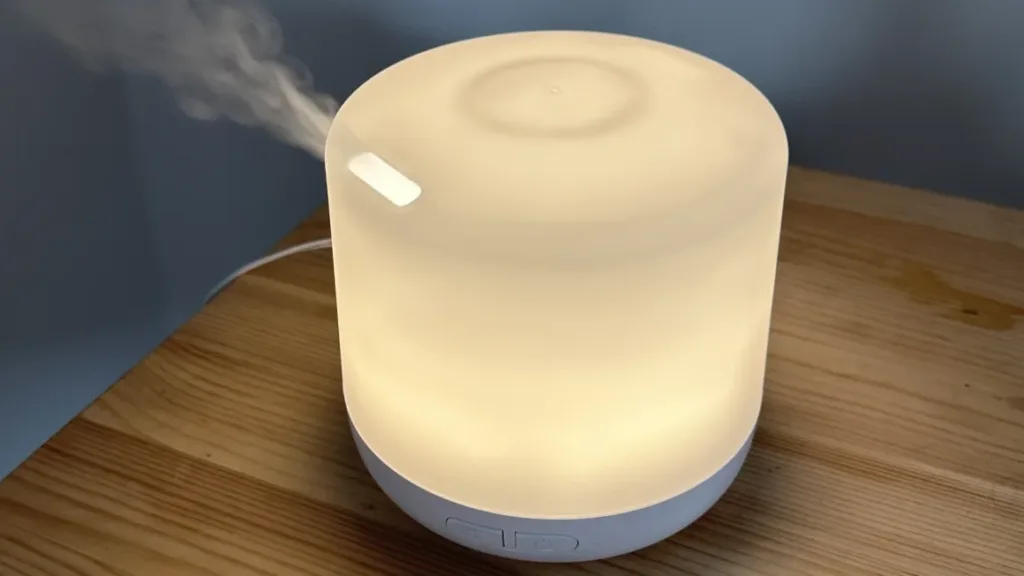
Ultrasonic Diffusers
Ultrasonic diffusers use water and ultrasonic waves to disperse essential oils into the room.
Pros:
- Humidifying Effect: They double as humidifiers, making them great for dry climates or cold, dry winter months.
- Quiet: They operate quietly, which is perfect for a tranquil environment.
Cons:
- Dilution: The therapeutic benefits of the oils may be slightly diluted due to the use of water.
- Maintenance: They require regular cleaning to prevent mold buildup.
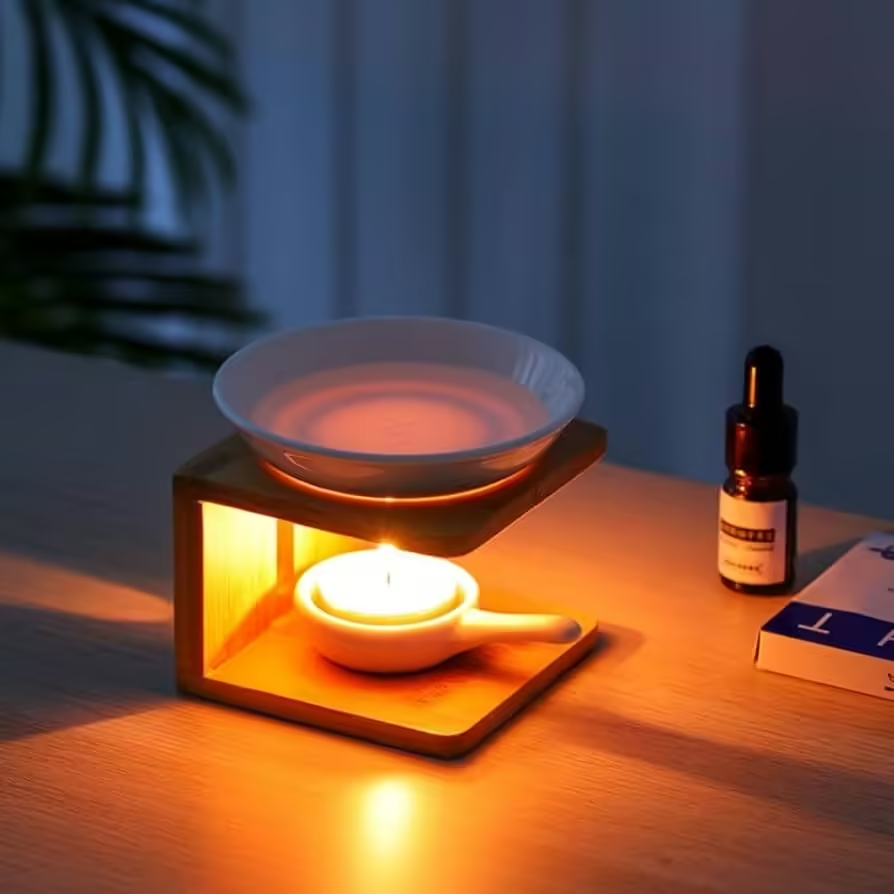
Heat Diffusers
Heat diffusers use heat elements (Candles) to evaporate the essential oils and disperse them into the air.
Pros:
- Affordable: They are usually less expensive than other types of diffusers.
- Easy to Use: They are simple to operate and require little maintenance.
Cons:
- Alters Oils: The heat can alter the chemical composition of the oils, reducing their therapeutic benefits.
- Safety: There’s a risk of overheating or fire if not monitored.
Reed diffusers involve reed sticks immersed in a bottle of essential oil. The oil travels up the reeds and is naturally dispersed into the air.
Pros:
- Simplicity: They are straightforward to use and require no electricity or heat.
- Decorative: They can serve as a decorative piece in your home.
Cons:
- Limited Coverage: They are better suited for small areas as the scent does not disperse as widely.
- Duration: The scent can fade quicker compared to other diffusers.
In conclusion, while each diffuser type has its merits, nebulizing diffusers stand out for their efficiency and effectiveness in maintaining the integrity of the essential oils. They might be a bit pricier, but for the aroma enthusiast who values quality, they are worth every penny!
Remember, the best diffuser for you depends on your specific needs and circumstances. Happy diffusing!
